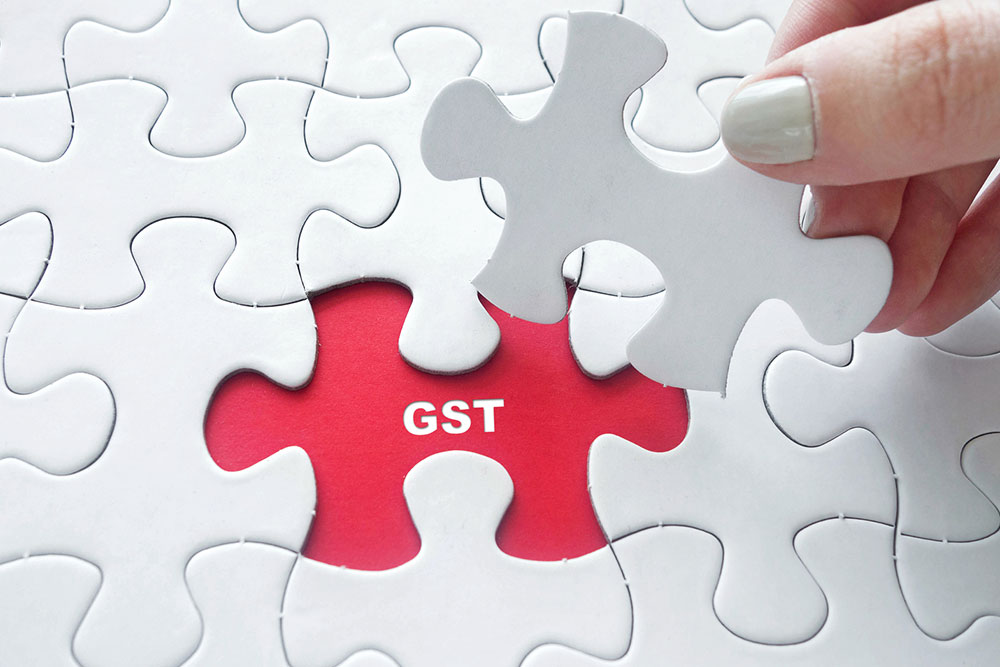Comprehensive Overview of GST Payment Methods and Refund Guidelines
This article offers an in-depth overview of GST payment and refund procedures in India and Canada. It covers tax types, calculation methods, filing deadlines, and eligibility criteria for refunds. The guide is essential for businesses and consumers aiming to comply with GST laws, optimize refunds, and understand tax obligations across jurisdictions.

Guidelines for GST Payments and Refunds
Goods and Services Tax (GST) is a consumption-based tax imposed on most goods and services sold within certain jurisdictions. While consumers ultimately pay the tax, businesses are tasked with collecting and forwarding it to the government. In specific cases, businesses and consumers can apply for refunds on GST paid. Here are key insights into GST compliance, calculation processes, and refund procedures.
GST Framework in India
IGST: Paid during interstate transactions, managed by the central government.
SGST: For intra-state sales, allocated to the respective state authorities.
CGST: Also for intra-state sales, but proceeds go to the central government.
Additional tax compliance requirements for businesses include:
TDS: Tax deducted at source before payments are made to suppliers.
TCS: Tax collected at source on e-commerce transactions, typically at 2%.
Reverse Charge Mechanism: Shifts tax payment responsibility from supplier to recipient of goods or services.
Other GST Payments: Can include penalties, interest, or late fees depending on compliance status.
Calculating GST Payments: The payable amount is determined by deducting input tax credits from the total outward GST liability. TDS and TCS are subtracted, with additional charges added for delays or penalties. GST filings are due monthly through GSTR 3 by the 20th; businesses exceeding ₹10,000 liability must file online.
GST Refund Eligibility: Refunds can be claimed in cases such as refunds for international tourists, embassy purchases, zero-rated or exempt supplies, final tax adjustments, and exports. Refunds must be applied for online within set deadlines.
GST in Canada
Canada levies a 5% GST along with province-specific Harmonized Sales Tax (HST). These taxes apply to most goods, services, real estate transactions, and digital assets. Entities not registered or exempt from GST/HST are typically not liable.
GST Refunds and Credits in Canada
The Canada Revenue Agency provides quarterly GST/HST credits to low- and modest-income families, easing their tax burden. Qualification depends on income level, residency, age, and family size. Eligible individuals automatically receive these credits upon filing annual tax returns, with special forms needed for newcomers or dependents.
Disclaimer: This information is based on research and expert sources. Since laws and individual circumstances vary, consulting a financial professional is advised before making decisions based on this content.


